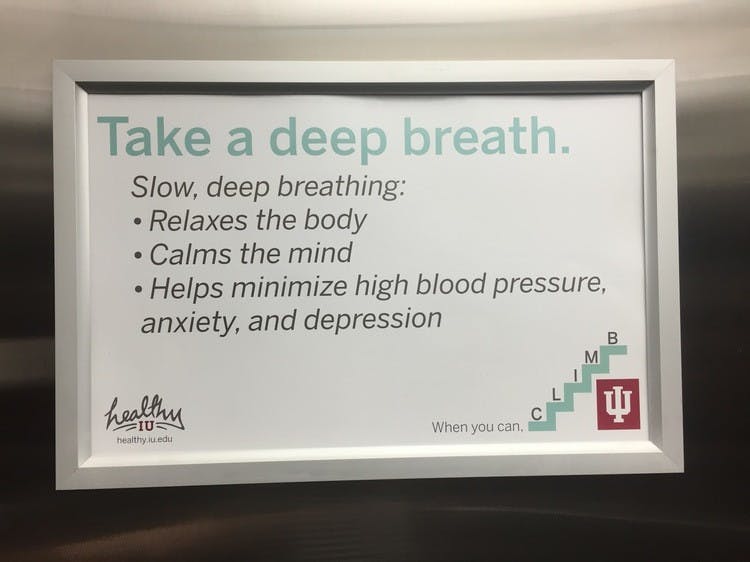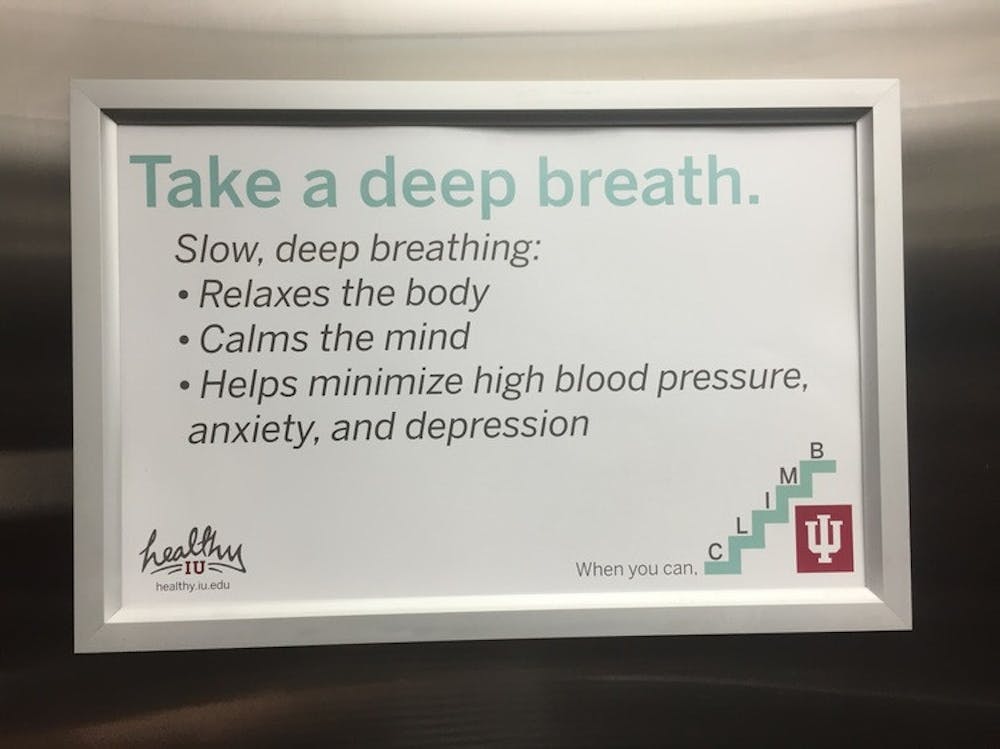
Mental illness affects one in five people, while the other four know a friend or family member who suffers from this health issue. Mental disorders impact the way a person feels, thinks, behaves, and relates to others, all while trying to function on a daily basis.
Mental illness is not just one specific disease that can be treated. There are a wide variety of disorders with different symptoms that qualify as mental illnesses. Some of the most common disorders include depression, anxiety, bipolar disorder, attention-deficit disorder, and obsessive-compulsive disorder.
Many symptoms that overlap across the disorders are feelings of deep sadness, suicidal thoughts, excessive worry and hopelessness, high to low manic thoughts, and impulsiveness. People can grow out of a mental illness as well as develop one over time, but the exact cause of most mental illnesses is unknown. Reasons range from family and relationship troubles, academic problems, and other environmental factors to biological ones.
“Mental illness does not just affect the mind; it affects the body as well,” mental health clinician Veena Shah said. “It has negative connotations because some people don’t see mental illness as a sickness, but rather they believe it is all in their head. A sickness is exactly what it is, and it is okay to ask for help.”
Warning signs to watch for, particularly in young adults, are social withdrawal, irritability, strong feelings of sadness or anger, substance abuse, and dramatic changes in eating or sleeping habits. Close friends and family members are going to be the first to notice these changes in someone with a mental health issue. One of the simplest things you can do is ask someone to rate how they are feeling on a scale from 1-10 that day.
“Mental illness mostly has to do with a chemical imbalance in the brain,” nurse practitioner Raime Atchison said. “As far as brain scans, there isn’t one that can be done to show you have a mental illness. They are doing research to figure all that out, but it is nothing concrete.”
Another thing you can simply do is ask how the person is doing. Be aware that while “I’m fine,” is one of the most common responses to this question, when a person is suffering from a mental illness, in reality they are not fine—they just don’t feel like they should burden their friends and family with their problems.
One IUPUI student shared her story of her own battle with mental illness. “I had struggled with suicidal thoughts since I was in high school, and last year that became a reality for me,” she said. “After a night of drinking I went home feeling lower than ever about myself. I believed that there was only one way out of these feelings.”
“It was like I was floating over my body watching myself as this stranger went into the kitchen and grabbed a knife, and did what I thought was best at the time,” she continued. “I just wanted all the pain to go away.”
“I woke up in mental institution with stitches in my wrists. I went through group counseling there and learned how to begin to re-love myself.”
“Suicide is a selfish decision; it would not have only affected me but the people who love and care about me,” she said. “The best advice I have to give is to be honest and tell people how you are feeling; their help can go a long way.”
If a student is suffering from a mental illness, and they feel like they cannot talk to their friends or family, IUPUI has a program that can help.
Counseling and Psychological Services (CAPS) offers multiple group and individual counseling sessions. The groups helps IUPUI students manage stress, form better relationships with themselves and others, and learn to cope with the demands of life. IUPUI also offers a 24-hour crisis hotline that students can call at (317) 251-7575.
I'm Fine: Living With Mental Illness

Heads up! This article was imported from a previous version of The Campus Citizen. If you notice any issues, please let us know.




